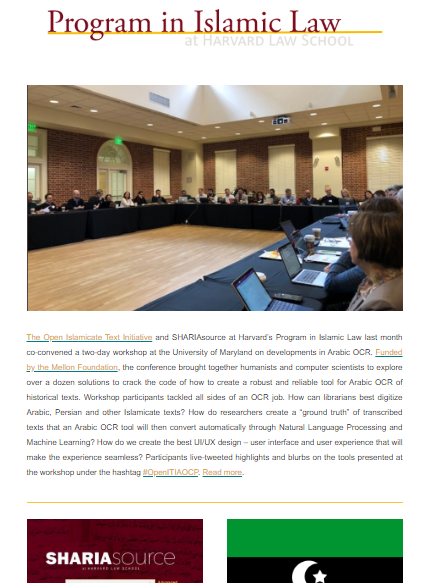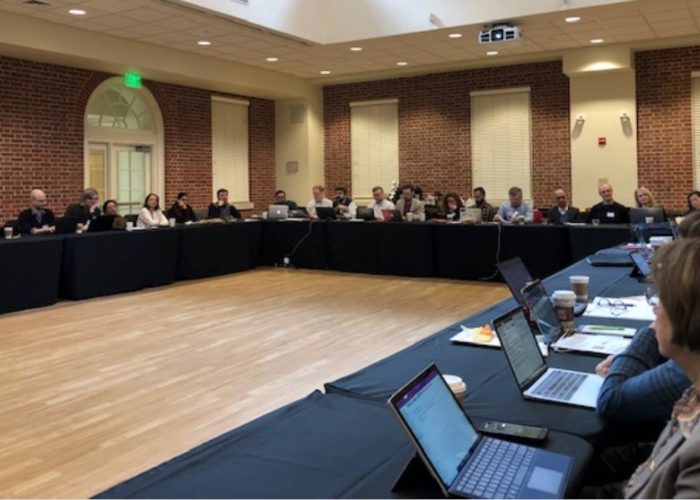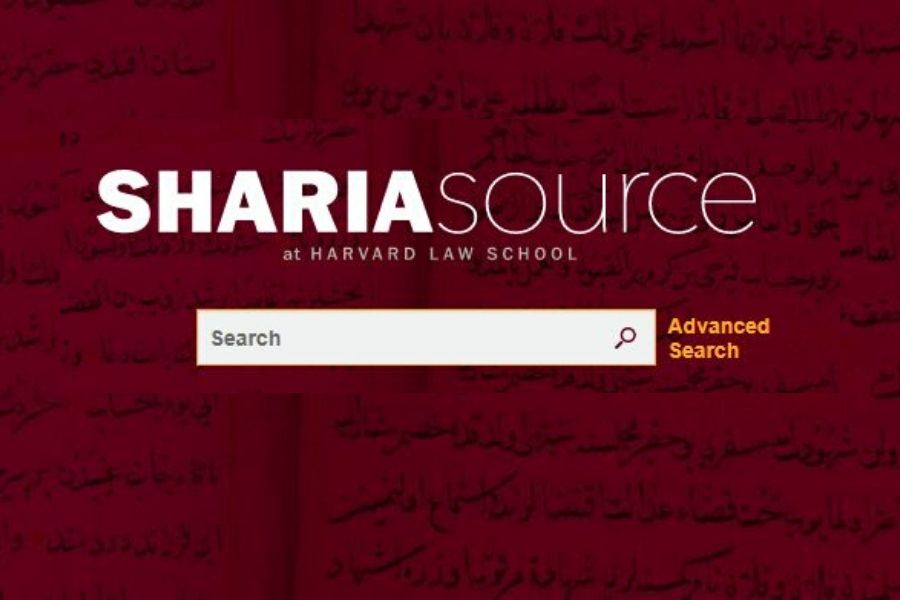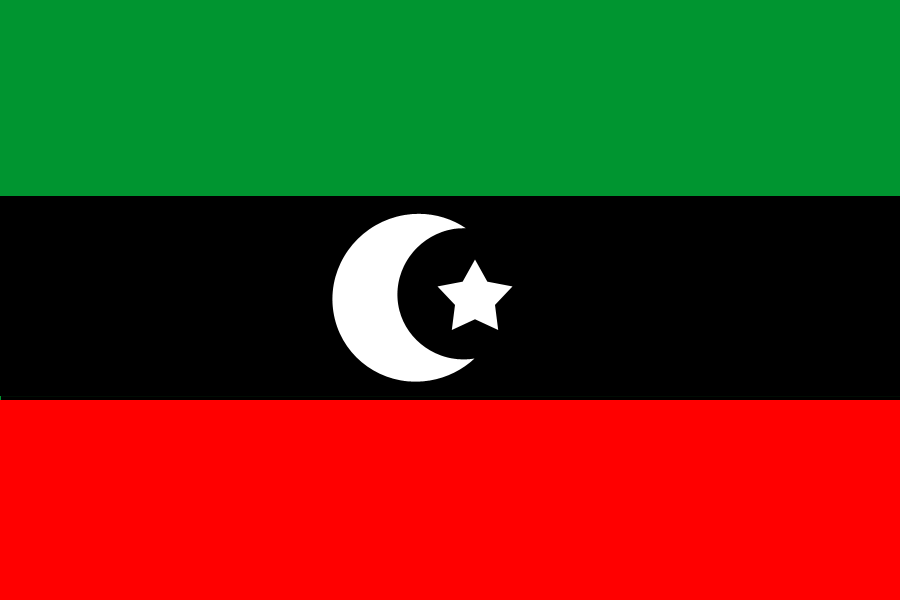
 SHARIAsource & OpenITI Workshop on Arabic OCRThe Open Islamicate Text Initiative and SHARIAsource at Harvard’s Program in Islamic Law last month co-convened a two-day workshop at the University of Maryland on developments in Arabic OCR. Funded by the Mellon Foundation, the conference brought together humanists and computer scientists to explore over a dozen solutions to crack the code of how to create a robust and reliable tool for Arabic OCR of historical texts. Workshop participants tackled all sides of an OCR job. How can librarians best digitize Arabic, Persian and other Islamicate texts? How do researchers create a “ground truth” of transcribed texts that an Arabic OCR tool will then convert automatically through Natural Language Processing and Machine Learning? How do we create the best UI/UX design – user interface and user experience that will make the experience seamless? Participants live-tweeted highlights and blurbs on the tools presented at the workshop under the hashtag #OpenITIAOCP. Read more.
SHARIAsource & OpenITI Workshop on Arabic OCRThe Open Islamicate Text Initiative and SHARIAsource at Harvard’s Program in Islamic Law last month co-convened a two-day workshop at the University of Maryland on developments in Arabic OCR. Funded by the Mellon Foundation, the conference brought together humanists and computer scientists to explore over a dozen solutions to crack the code of how to create a robust and reliable tool for Arabic OCR of historical texts. Workshop participants tackled all sides of an OCR job. How can librarians best digitize Arabic, Persian and other Islamicate texts? How do researchers create a “ground truth” of transcribed texts that an Arabic OCR tool will then convert automatically through Natural Language Processing and Machine Learning? How do we create the best UI/UX design – user interface and user experience that will make the experience seamless? Participants live-tweeted highlights and blurbs on the tools presented at the workshop under the hashtag #OpenITIAOCP. Read more.
 CONTENT: Libyan Constitution and Country ProfileOne objective of the SHARIAsource Portal is to ease comparative Islamic law by giving users quick access to multiple primary sources. The Libyan constitution from 2011 is available on the Portal for close analysis. The Portal’s country profile for Libya offers a quick summary of whether Islamic law has legal status in the country and to what extent.
CONTENT: Libyan Constitution and Country ProfileOne objective of the SHARIAsource Portal is to ease comparative Islamic law by giving users quick access to multiple primary sources. The Libyan constitution from 2011 is available on the Portal for close analysis. The Portal’s country profile for Libya offers a quick summary of whether Islamic law has legal status in the country and to what extent.
 CONTEXT: The Libyan Supreme Court and the Meaning of Ribā: A New Approach?“One of the most vexing problems that modern high courts face when interpreting and applying Islamic law concerns the taking of money interest,” writes guest editor Haider Hamoudi (University of Pittsburgh Law School). He directs attention to “Libya’s most recent foray into this field…because it seems to be a subtle and yet important move away from the dominant interpretations of the meaning of the ribā ban in our times.”
CONTEXT: The Libyan Supreme Court and the Meaning of Ribā: A New Approach?“One of the most vexing problems that modern high courts face when interpreting and applying Islamic law concerns the taking of money interest,” writes guest editor Haider Hamoudi (University of Pittsburgh Law School). He directs attention to “Libya’s most recent foray into this field…because it seems to be a subtle and yet important move away from the dominant interpretations of the meaning of the ribā ban in our times.”
See the full newsletter.

